Nautilus Institute’s Policy Forum‘s focus is on the timely publication of expert analysis and op-ed style pieces on the foremost of security-related issues to Northeast Asia. Its mission is to facilitate a multilateral flow of information among an international network of policy-makers, analysts, scholars, media, and readers. Policy Forum essays are typically from a wide range of expertise, political orientations, as well as geographic regions and seeks to present readers with opinions and analysis by experts on the issues as well as alternative voices not typically presented or heard. Feedback, comments, responses from Policy Forum readers are highly encouraged.
Could a Maritime Conflict Start a Sino-American War?
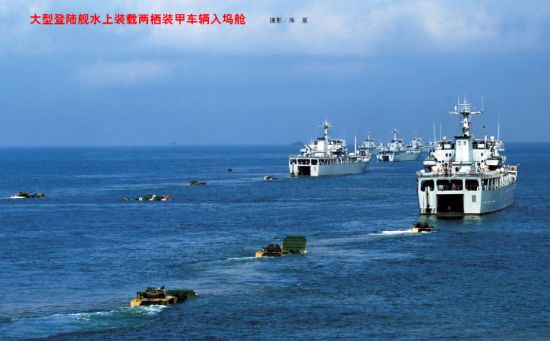
Mark Valencia writes, “There is now little doubt that China and the West are going to clash. They are already competing in both military and civilian areas and more fundamentally in values and the pursuit of political power. The as yet unanswered questions are will the conflicts become “physical” and, if so, how and why?”
Mark Valencia is Senior Visiting Scholar at the National Institute for South China Sea Studies in Haikou, China and a Nautilus Institute Associate.
Go to the articleRolling Reforms: Reflections on Visits to Kim Jong Un’s North Korea
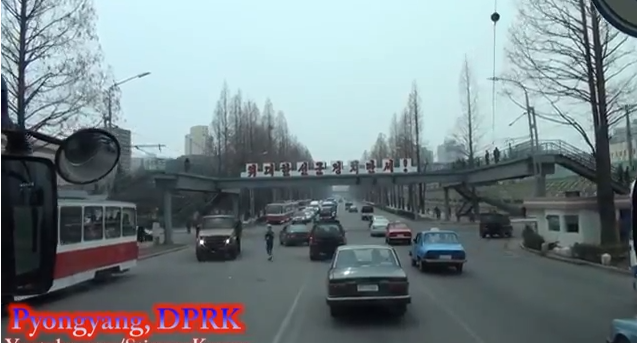
On visits to North Korea since Kim Jong Un came to power, Rudiger Frank has seen growing evidence of a more diverse and cash-based economy. These signs of creeping reform are evidence of North Korea’s desire for change, but achieving real transformation remains a long and delicate process.
Rudiger Frank is Chair Professor of East Asian Economy and Society at the University of Vienna and Head of the Department of East Asian Studies. He has visited North Korea numerous times.
This report was originally published by Global Asia in June of 2013 (V8N2).
Go to the articleThe Case of the Rescinded Invite

Roger Cavazos asks, “What happened to Ambassador Robert King’s invite to North Korea?” How could things have gone so disastrously off-track in 72 hours and what does it mean for the future of the relationships between the U.S. and North Korea? Roger Cavazos is a Nautilus Institute Associate and retired US military officer with assignments in the intelligence and policy communities.
Go to the articleLearning as a Change Catalyst for Climate Adaptation
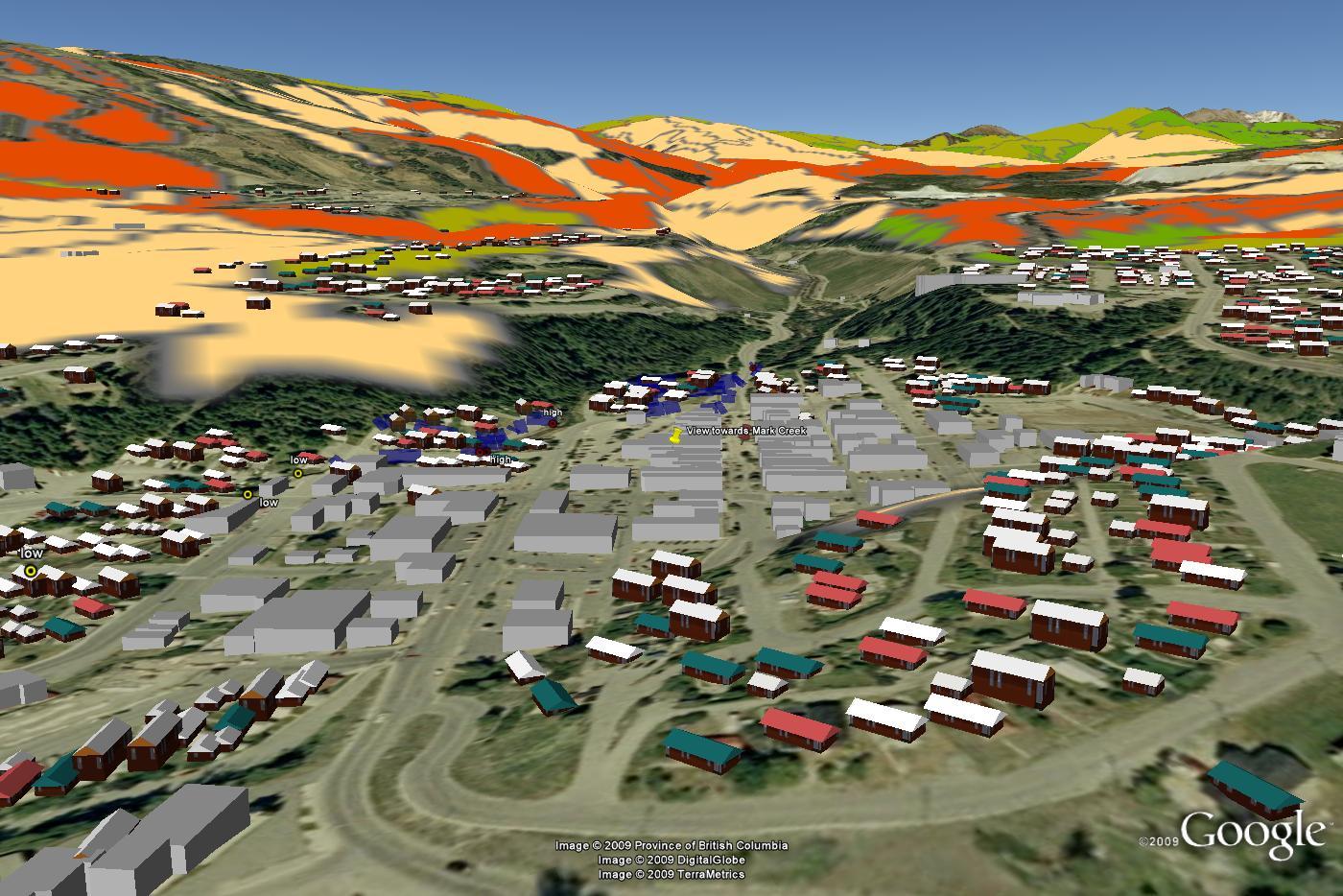
Saleem Janjua advocates an analysis of how organizations learn from their own experience, other organizations, and how they develop their own internal understanding and framework for action under climate change.
Saleem Janjua is the Climate Change Adpation contributor to the NAPSNet Weekly Report, and the Editor of AdaptNet.
Go to the articleNon-State Nuclear Attack Urban Target Arrays—Pathways and Risk Reduction Strategies

In this policy forum essay, Peter Hayes argues that a determined non-state nuclear terrorist can choose to threaten any one of hundreds of cities, with a nuclear weapon, with a radiological weapon, or by attacking nuclear facilities. The key risk reduction measures are to reduce numbers and increase security of nuclear weapons; favor urban form that increases urban resilience; and ensure spent fuel and reactors are extremely difficult to attack.
Peter Hayes is Professor of International Relations, School of Global, Urban and Social Studies, Royal Melbourne Institute of Technology University, Australia and Director, Nautilus Institute.
Go to the articleA New Day in Northeast Asia?
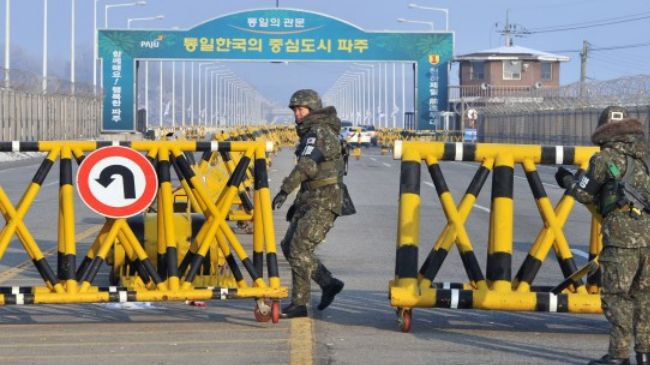
James Goodby and Markku Heiskanen assess the significance of the recently reached agreement to reopen the Kaesong Industrial Complex. They write: “it shows a readiness to negotiate on both sides and could be seen as a first success for “trustpolitik,” President Park’s description of her hopes for North-South relations. Perhaps it signals the beginning of a new day in Korea.”
James Goodby is a former US ambassador to Finland now affiliated with Stanford University’s Hoover Institution and with the Center for Northeast Asian Policy Studies at the Brookings Institution.
Markku Heiskanen is a retired Finnish diplomat, now program director of The Asia Institute in Seoul.
Go to the articleConnecting the Dots – In an Ocean?
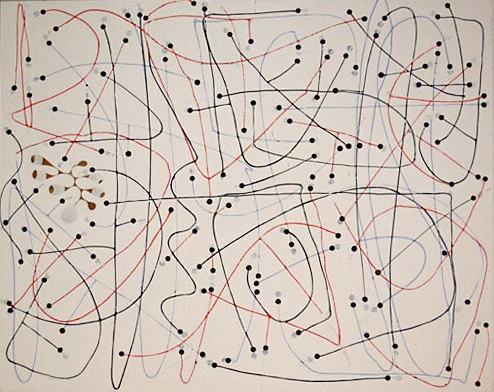
Nikhil Desai questions the dubious connection between violence and crime and regional and global rises in temperatures.
Nikhil Desai, a Nautilus Associate, is an energy and environmental economist now dividing his time between Washington, DC and Ahmedabad, India.
Go to the articleStrategic Environment for Kim Jong-Un’s Visit to China: Three Emphases
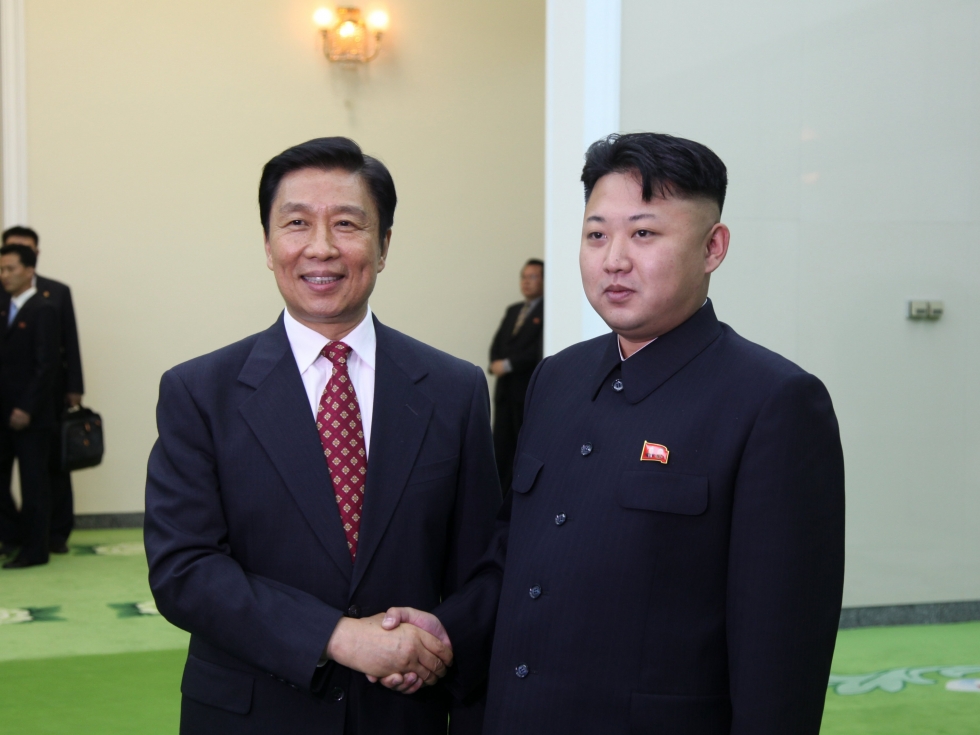
Roger Cavazos: Any visit Kim Jong-un will make to China will have a broader bi-lateral component and a lesser …
Go to the article“The Papua-New Guinea Solution”: Competitive Cruelty and Strategic Folly
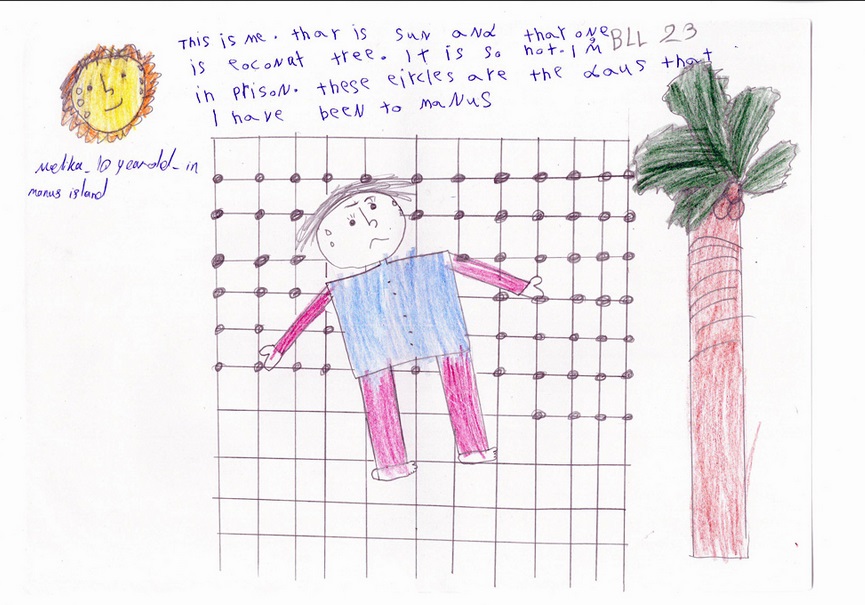
Richard Tanter writes that policy competition between the Labor government and conservative opposition to “stop the boats” bringing asylum seekers to Australia by ship is producing strategically dangerous outcomes. Both government and opposition are now committed to isolating all asylum seekers arriving in Australia by boat in Papua-New Guinea, in cluding successful applicants for asylum. It is hard, Tanter concludes, “to think of anything else an Australian government could do in a single policy move more likely to undermine the already limited chances of sustainable peace in Papua-New Guinea.”
Richard Tanter is a Nautilus Institute Associate and Professor in the School of Political and Social Studies at the University of Melbourne.
Go to the articleLocal Level Responsibility for Climate Change in Pakistan
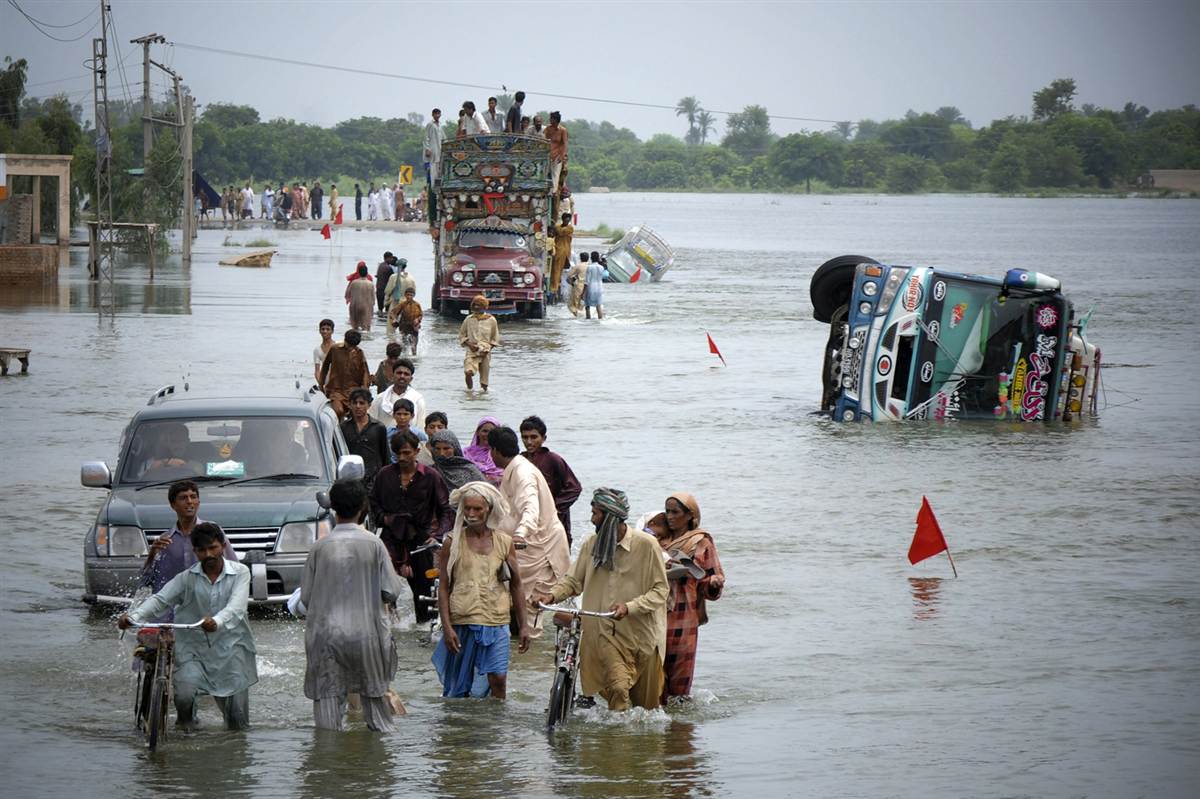
Saleem Janjua writes that “increasing the capability to adapt at the local government level in Pakistan will definitely lessen susceptibility to the effects of climate change at provincial and federal levels. Hence, in Pakistan, we must begin planning our adaptive reactions now at grass-root level to help lessen some of the environmental, economic and social impacts of climate change.”
Saleem Janjua is the Climate Change Adpation contributor to the NAPSNet Weekly Report, and the Editor of AdaptNet.
Go to the article
